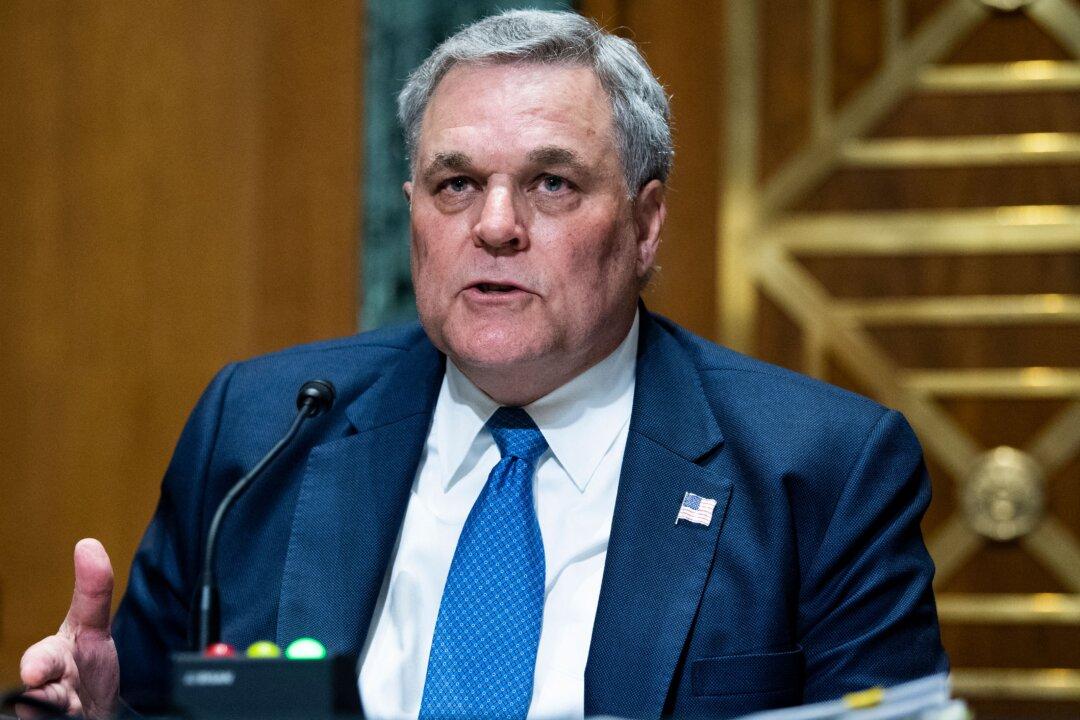The IRS has said it will “absolutely not” be increasing audit scrutiny on small businesses or middle-income Americans amid concerns over Democrats’ Inflation Reduction Act, which provides nearly $80 billion in IRS funding, including $45.6 billion for “enforcement.”
IRS Commissioner Charles Rettig made the comments in a letter to members of the Senate on Aug. 4 (pdf) in which he stated that the extra resources will “get us back to historical norms in areas of challenge for the agency,” such as large corporate and global high-net-worth taxpayers and multinational taxpayers with international tax issues.




